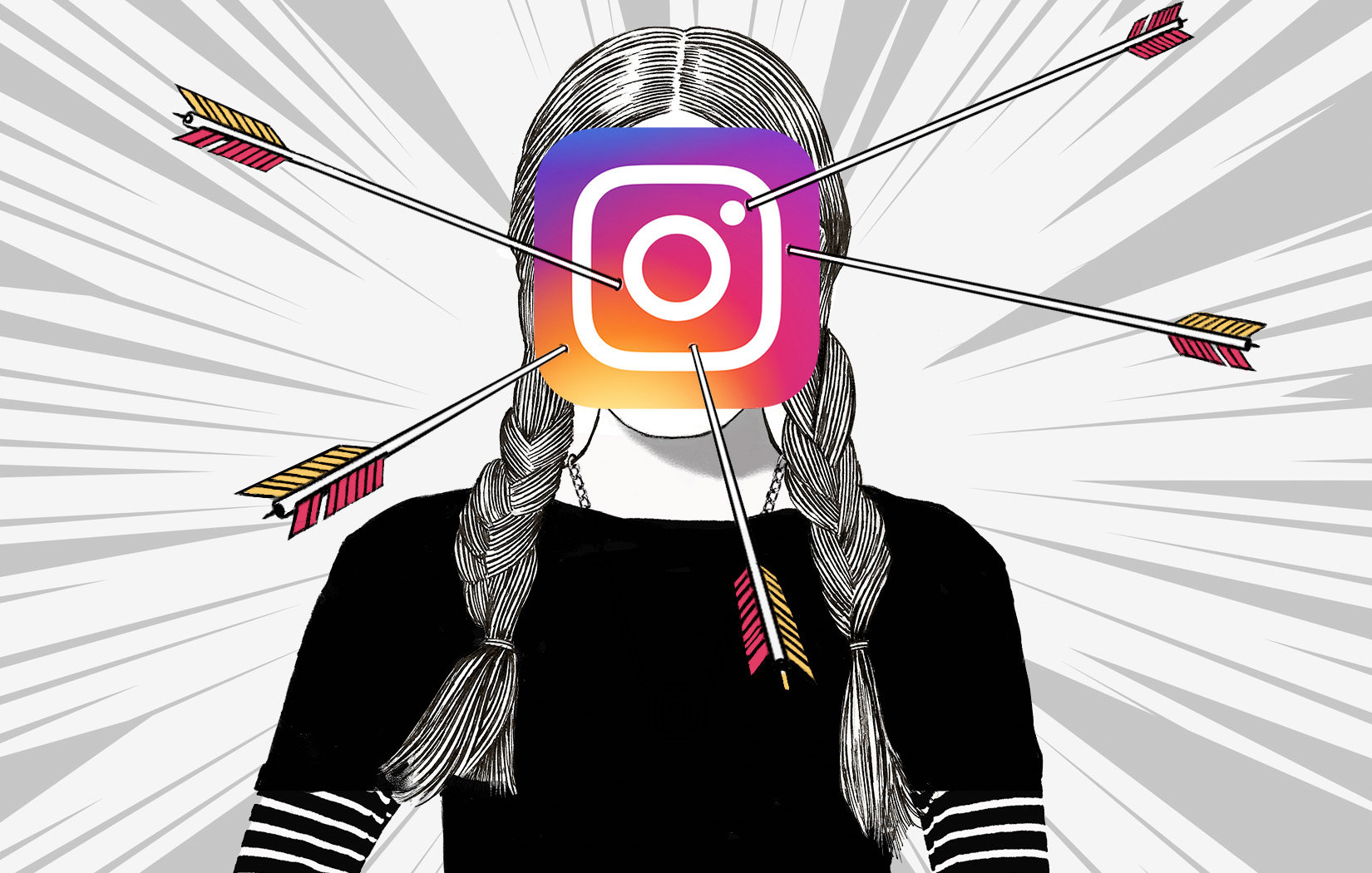Cancel Culture. A term that most of us are quite familiar with. It first started as a movement to hold people accountable, make change, and educate others but has now evolved into ostracizing people on social media for things that range from questionable opinions to hateful rhetoric. While cancel culture has caused a great deal of controversy , the impact this phenomenon has had on the generation is not as often discussed. When it emerged, cancel culture was focused and directed towards public figures and celebrities. However, it has begun to emerge within social circles, which has transformed the way we think, talk, and express ourselves on social media sites. We have also learned to be careful and concise with the way we voice our thoughts and questions. In our younger years, our parents would tell us not to talk to strangers on the internet, instead we did the opposite and formed communities on Tumblr, Twitter, Instagram and more recently Tiktok. These communities comprise thousands of teenagers talking about their interests and lives with one another. This big melting pot of different cultures, beliefs, and perspectives in one space might’ve been great for exposure and diversity, but instead it became a space where those that are different from the masses are shunned. One staple of these communities is cancelling people. If you’re on social media, the chances that you’ve seen someone being cancelled, been involved in cancelling someone, or have been cancelled yourself are extremely high. In spaces like stan Twitter and Tiktok, people are cancelled for things as miniscule as liking a particular fictional character or watching a “problematic” film. As a result, we’ve become hyper-aware of everything we say or have said and we analyze how they could be interpreted or misinterpreted and used against us. We aim to educate others but if a person is found to be uneducated, they must be publicly shamed. If someone says something that is deemed to be “problematic” and after being called out for it, sees error in their actions and apologizes, we disregard their apologies, often marking them as insincere as we’ve been conditioned to allow no room for redemption. The impact this has had on our ability as a generation to feel compassion is astounding. The understanding that people have room to learn and grow has all but disappeared and intolerance has taken its place. For those that are cancelled, a big part of their social life is snatched away and they are shunned off of the platforms that they originally got to have fun during their free time, by those that they called their friends. They’re an example of what happens when you don’t fall in line with the status quo and the reason why the majority of us do. This fear has limited our ability to engage in productive discourse and has caused a mob mentality to manifest in our mindsets. So whenever we post or tweet anything, we’re constantly (albeit subconsciously) asking ourselves whether the thing we said was “unproblematic” and as we’re scrolling through our feeds, we’re scrutinizing whether others are in line with what we deem as unproblematic as well. In a much broader sense, cancel culture has normalized polarization. We’ve become used to the idea that there is only one objectively correct opinion and forget that with the amount of different cultures that are present in online discourse, there are often multiple perspectives to consider. While our proximity to a wide array of cultures and perspectives has given us this sense of awareness, it has also made us lose touch of the reality that these cultures exist outside of our screen and we forget that our experiences are not universal. Cancel culture has made us hostile towards those that remind us of it.

Share this